Apply Now & Get Fastest Sanction Offers
Loan Against Property Overview
A Loan Against Property (LAP) is a secured financing solution that allows you to unlock the hidden value of your residential, commercial, or industrial property without selling it. At FinLends, we understand that property is often your most valuable asset, and our expert consultants help you leverage this asset to meet your diverse financial requirements.
Whether you need funds for business expansion, children's education, medical emergencies, debt consolidation, or any other personal need, a loan against property offers one of the most cost-effective borrowing options available. With lower interest rates compared to unsecured loans and flexible repayment terms extending up to 20 years, this financial product provides the perfect balance of affordability and convenience.
Our experienced team at FinLends has successful cases of loan against property approvals, working with leading banks and NBFCs to secure the best possible terms for our clients. We simplify the entire process, from property valuation to loan disbursement, ensuring you receive maximum value from your property investment.
Our Trusted Lending Partners
Empowering Your Financial Goals with Trusted Lending Partners








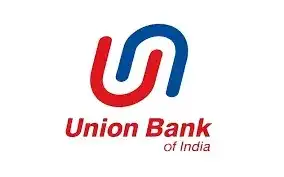


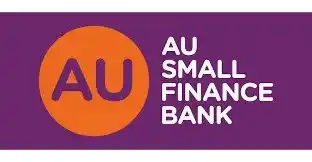









































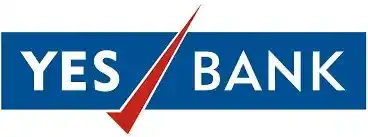



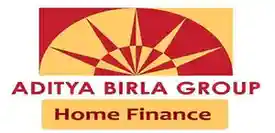

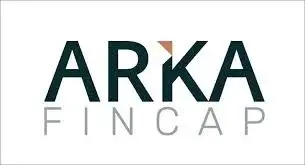














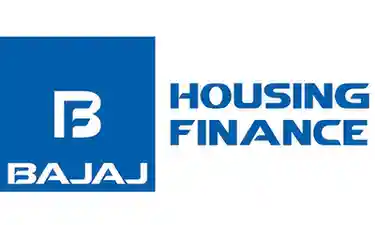


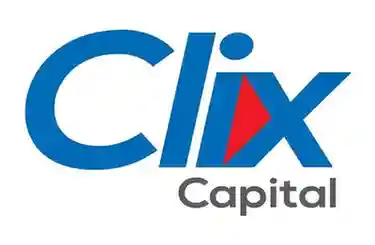


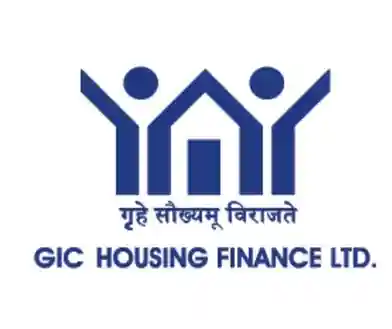

















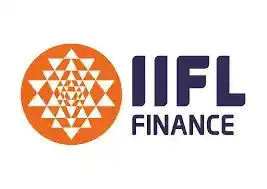






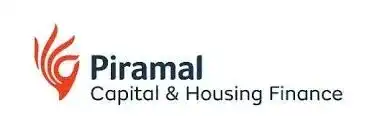
















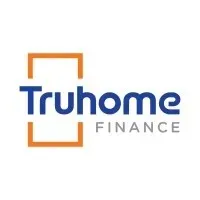

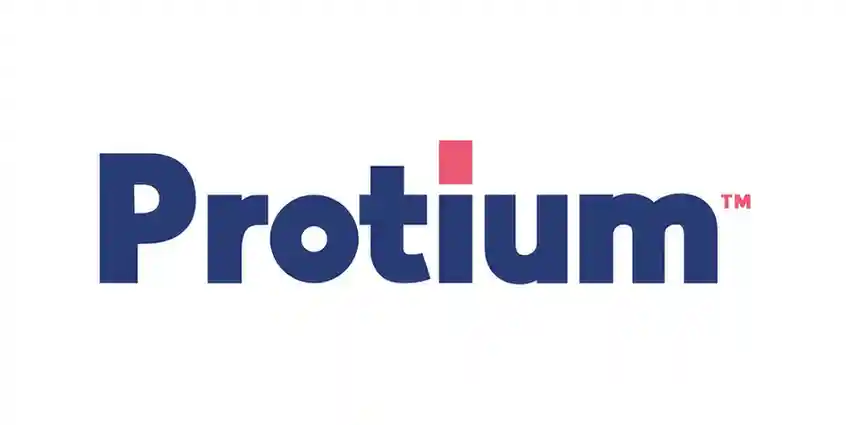
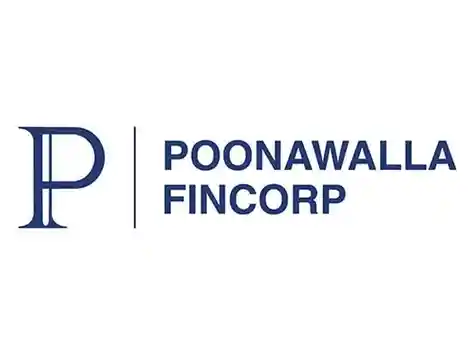


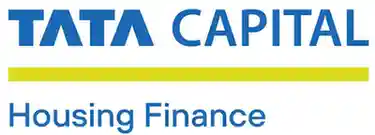
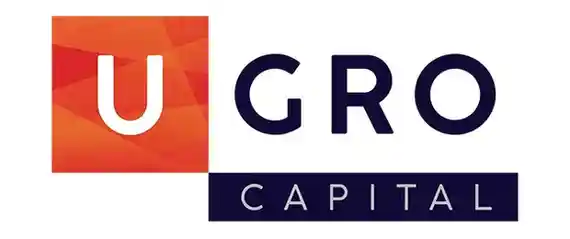
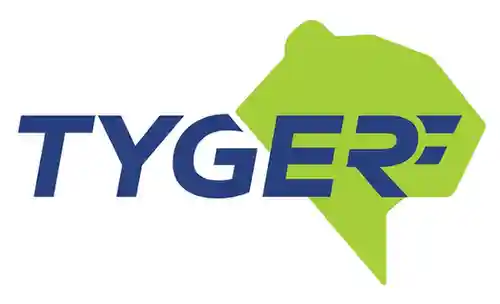











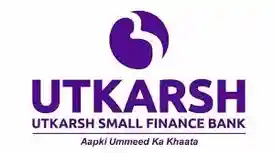
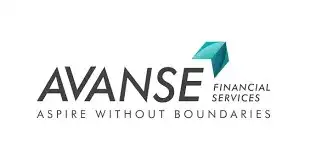


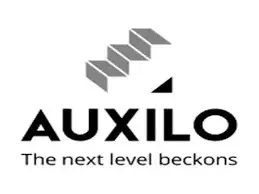



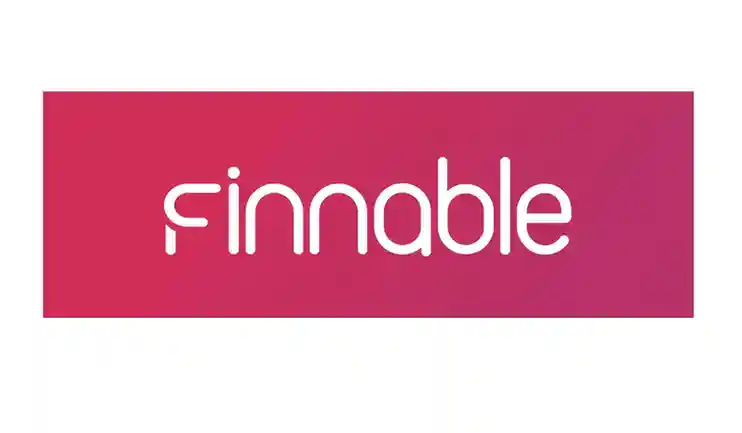
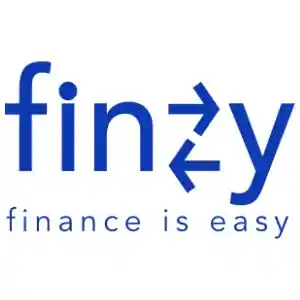

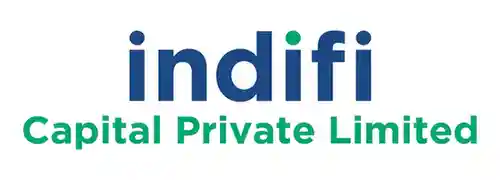

















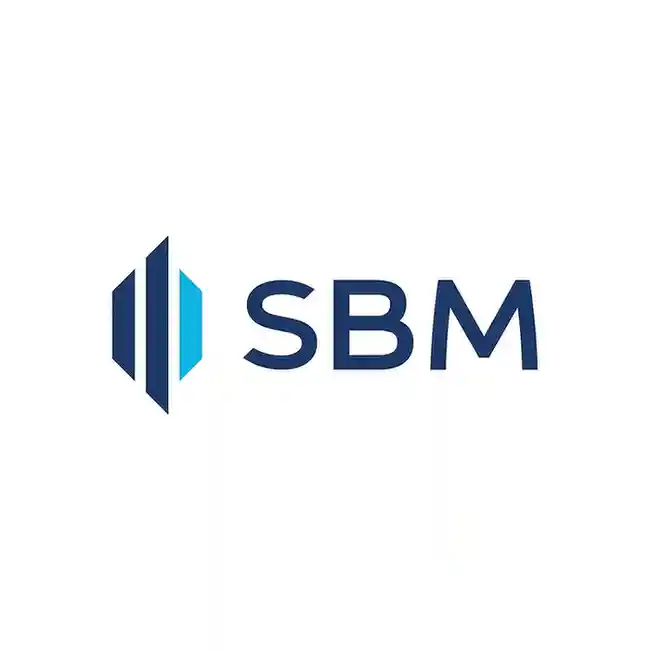












Disclaimer: All bank logos are the property of their respective owners and are used for reference only.
Why Choose Finlends for Loan Against Property
-
Extensive Lender Network
- FinLends maintains strong relationships with over 50+ banks and NBFCs, including HDFC Bank, ICICI Bank, SBI, Axis Bank, Kotak Mahindra Bank, and leading NBFCs like Bajaj Finserv, Tata Capital, and L&T Finance.
- This extensive network ensures competitive interest rates and favorable terms.
- Every client's financial situation is unique.
- Our consultants analyze your income, existing obligations, and future goals to structure a loan against property that aligns perfectly with your repayment capacity and financial objectives.
- From property title verification to loan agreement execution, our dedicated documentation team handles all paperwork meticulously.
- We ensure complete compliance with legal requirements while expediting the approval process.
- Our experts provide accurate market valuations, ensuring you receive optimal loan amounts based on your property's true worth.
- We work with approved valuers from multiple lenders to maximize your borrowing potential.
- Our streamlined processes and strong lender relationships enable faster approvals and disbursements.
- Most loan against property applications are processed within 7-15 working days from complete documentation submission.
- At FinLends, we believe in complete transparency.
- All fees, charges, and processing costs are clearly communicated upfront, ensuring no hidden surprises during your loan journey.
- Our relationship extends beyond loan disbursement.
- We provide ongoing support for balance transfers, top-up loans, foreclosure guidance, and any other loan-related queries throughout your loan tenure.
Key Features & Benefits of Loan Against Property
-
Competitive Interest Rates
- Enjoy attractive interest rates starting from 8.50% per annum, significantly lower than personal loans and credit cards.
- Our strong lender relationships help secure preferential rates based on your profile and property type.
- Access up to 70-80% of your property's market value, providing substantial liquidity while retaining property ownership.
- Commercial properties may qualify for even higher LTV ratios with select lenders.
- Borrow anywhere from ₹10 lakhs to ₹20 crores or more, depending on your property value and repayment capacity.
- There's no upper limit for high-value properties with strong income documentation.
- Choose repayment periods 15 to 20 years, allowing comfortable EMI amounts that don't strain your monthly budget.
- Longer tenure options available for younger borrowers with stable income sources.
- Funds from loan against property can be used for any legitimate purpose - business expansion, education, medical expenses, debt consolidation, working capital, or property purchase.
- Most lenders offer zero prepayment charges after a specified period (usually 6-12 months), allowing you to reduce interest burden through partial or full prepayments without additional costs.
- Interest paid on loan against property used for business purposes or additional property purchase may qualify for tax deductions under relevant sections of the Income Tax Act.
- Continue enjoying your property while accessing its value.
- You maintain complete ownership rights, rental income (if applicable), and can sell the property after loan closure.
- Switch to better interest rates or terms through our balance transfer services.
- We continuously monitor market rates to help existing borrowers optimize their loan costs.
Eligibility Criteria For Loan Against Property
-
Age Requirements
- Salaried Individuals: 23 to 65 years at loan maturity
- Self-Employed/Business Owners: 23 to 70 years at loan maturity
- Co-applicant age: Maximum 65 years for salaried, 70 years for self-employed
- Minimum Net Monthly Income: ₹25,000 for salaried individuals
- Business Vintage: Minimum 3 years of stable business operations
- Annual Income: Minimum ₹3-4 lakhs per annum, depending on the lender
- Income Stability: Consistent income growth pattern preferred
- Residential Properties: Self-occupied or rental apartments, independent houses, villas
- Commercial Properties: Offices, retail spaces, warehouses, industrial units
- Land: Residential plots in approved layouts
- Property Age: Maximum 30-40 years, depending on construction quality and lender norms
- Clear Title: Property must have clear, marketable title with all approvals
- Property Valuation: Recent valuation by lender-approved valuers
- Legal Verification: Complete legal due diligence and title clearance
- Insurance: Property insurance mandatory throughout loan tenure
- CIBIL Score: Minimum 650, preferably above 750 for best rates
- Credit History: Clean repayment track record with minimal defaults
- Existing Obligations: Debt-to-income ratio within acceptable limits
- Banking Relationship: Stable banking history with regular transactions
- Salaried: Minimum 2 years total experience, 1 year with current employer
- Self-Employed: Established business with consistent profitability
- Professional Practice: Minimum 3 years of practice with regular clientele
How Finlends Works on Loan Against Property
-
Step 1: Initial Consultation & Assessment
- Contact our expert consultants for a comprehensive financial assessment.
- We analyze your requirements, income profile, and property details to determine optimal loan structuring and lender selection.
- Our team coordinates professional property valuation and begins documentation collection.
- We verify property titles, obtain necessary clearances, and prepare comprehensive application packages.
- Based on your profile, we present multiple loan options from our partner banks and NBFCs.
- After your approval, we submit applications to selected lenders for competitive processing.
- We liaise with lenders throughout the credit evaluation process, providing additional documentation as required.
- Addressing any queries to expedite approval decisions.
- Coordinate with lender-appointed legal and technical teams for property verification, legal clearance, and final valuation.
- We ensure all requirements are met efficiently.
- Upon approval, we review sanction letters and negotiate terms where possible.
- Facilitate final loan documentation, registration, and mortgage creation processes.
- Coordinate fund disbursement as per your requirements.
- Provide continued support for any loan-related needs throughout the tenure.
List of Required Documents For Loan Against Property
-
Identity & Address Proof
- PAN Card: Mandatory for all applicants and co-applicants
- Aadhaar Card
- Passport
- Utility Bills: Recent electricity, telephone, or gas bills for address proof
- For Salaried Individuals:
- Last 3 months' salary slips
- Form 16 for last 2 years
- 6 months' bank statements (salary account)
- Employment certificate and appointment letter
- For Self-Employed/Business Owners:
- ITR with computation for last 3 years
- Audited financial statements (P&L, Balance Sheet)
- 12 months' bank statements (current and savings accounts)
- Business registration documents and GST returns
- Title Deeds: Original sale deed and previous title documents
- Encumbrance Certificate: Last 30 years or from root of title
- Property Tax Receipts: Current and previous years
- Building Approval Plans: Sanctioned plans and completion certificate
- Khata/Survey Settlement: Revenue records and survey documents
- NOC Certificates: From society/builder if applicable
- Property Valuation Report: By lender-approved valuer
- Property Insurance: Comprehensive insurance policy
- Photographs: Current property photographs (interior/exterior)
- Legal Opinion: Advocate's legal opinion on title clearance
- Existing Loan Statements: Details of current loans and credit cards
- CIBIL Report: Recent credit report from authorized agencies
- Partnership Deed/MOA: For business entities and partnerships
Applicable Fees & Charges on Loan Against Property
-
Processing Fees
- Range: 0.50% to 2.00% of loan amount
- Minimum: ₹10,000 to ₹25,000 depending on lender
- GST: 18% GST applicable on processing fees
- Legal & Technical Verification: ₹5,000 to ₹15,000
- Property Valuation: ₹2,000 to ₹10,000 per property
- Documentation Charges: ₹2,500 to ₹7,500
- CERSAI Registration: ₹100 plus applicable charges
- Annual Maintenance Fee: ₹500 to ₹2,000 per annum
- Statement Charges: ₹100 to ₹500 per statement
- Duplicate Document Charges: ₹500 to ₹2,000 per request
- Prepayment Charges: 0% to 2% on outstanding principal (after lock-in period)
- Foreclosure Charges: Usually nil after 6-12 months (Depends on lender)
- Switch/Conversion Fees: ₹2,500 to ₹10,000 for rate conversions
- Cheque Bounce Charges: ₹500 to ₹1,500 per bounce
- Late Payment Penalty: 1% to 3% per month on overdue EMIs
- NOC/Release Charges: ₹2,500 to ₹7,500 at loan closure
- Stamp Duty & Registration: As per state government norms
- All charges are indicative and may vary based on lender policies, loan amount, and individual circumstances.
- FinLends ensures complete transparency in fee disclosure before loan processing.
Frequently Asked Questions (FAQs) About Loan Against Property
Loan Against Property EMI Calculator
Calculate your EMI for different interest rates, loan amounts and loan tenures, using Finlends’s EMI Calculator.
Principal Amount
Interest Amount
Loan EMI
66,736
Loan EMI
₹66,736
Principal Amount
₹50,50,000
Interest Amount
₹29,58,335
Total Payable Amount
₹80,08,335
How to use Finlends’s EMI Calculator?
Finlends’s EMI Calculator is easy, intuitive, and instantaneous. Calculate the EMI for your Home Loan, Car loan, Personal Loan, Education Loan, or any other fully amortising loan using our EMI Calculator.
All you need to do:
- The loan amount you wish to avail (in rupees)
- The term of your loan (in months or years)
- The rate of interest (in percentage)
Step 1
Enter your Loan Amount
Step 2
Set Interest Rate
Step 3
Choose Loan Tenure
Result
View EMI & Break-up